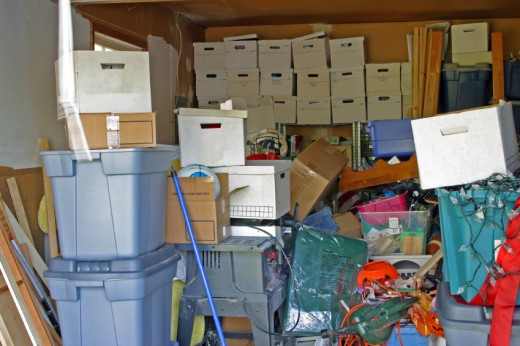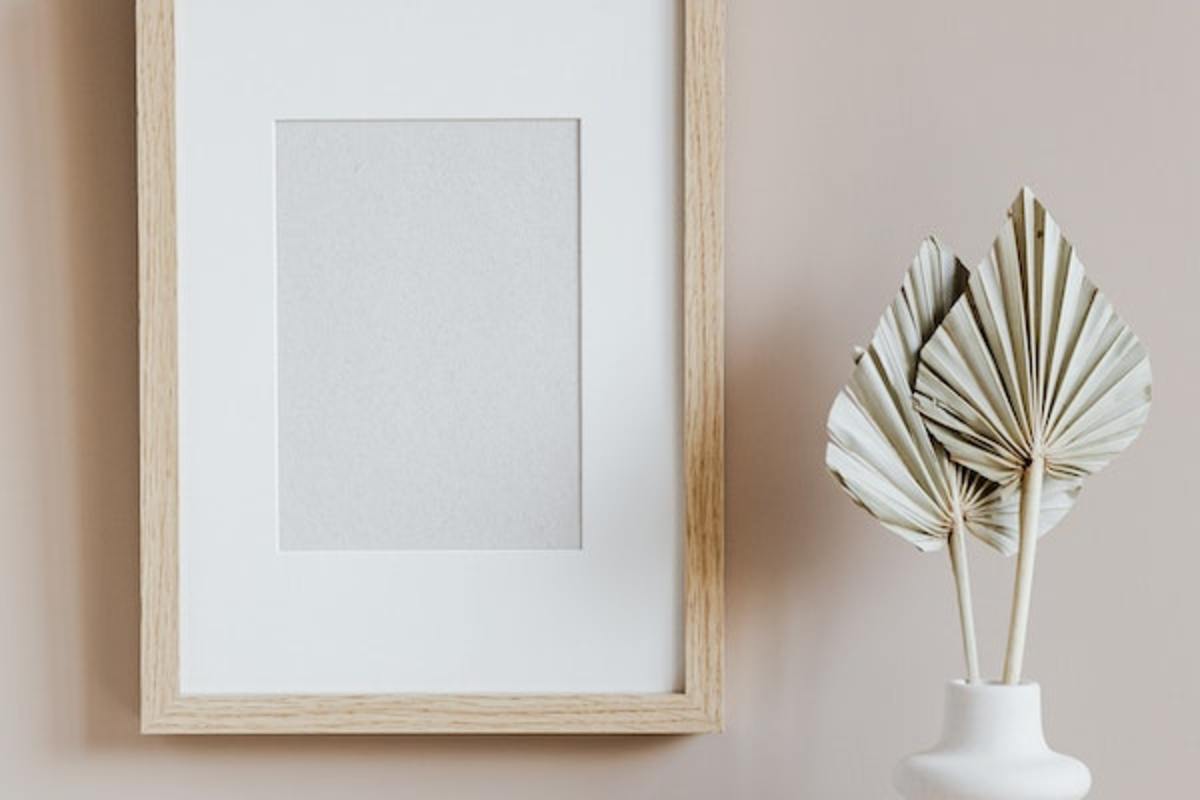- HubPages»
- Health»
- Mental Health»
- Emotions
Psychologyisms: The Many Ways Clutter is Bad for You
Stuff and What it Does to Us
Stuff... Some of us have too much clutter in our homes, at our work, in our car, in our computer files, our emails, in our relationships, and even on our mind. Clutter interferes in our lives in many ways. We waste time looking for things we can’t find. We waste money buying more stuff we don’t need. Clutter makes our environment look sloppy and may hamper our social life, and causes stress in our lives. People who clutter usually have unmet spiritual and emotional needs. It can be exhausting to keep up with the unnecessary items collected, overabundance of reading material, junk mail and other papers. Clutter causes inefficiency and unproductive time management. Cluttering can cause unhealthy relationships. Cluttering perpetuates the cycle of unfulfilled needs by creating obstacles to the very things the person needs and desires. It is a counter productive activity that yields much dissatisfaction for those who engage in it.

A Simple Life
Do You Clutter?
A simple life, an uncluttered environment helps us have a greater clarity in the things we do. When our minds are clear, new ideas can come about and change our world.
A person who clutters can have more things than they have a place for. If having people over your home causes you embarrassment because your place looks unpresentable, you may have a cluttering problem. If you don’t put things away, or if parts of your house are unusable, you may have a cluttering problem. If you clutter up your desk and workplace, your car, your computer, and even your relationships, cluttering may be a problem for you. If you have trouble throwing things out, cluttering may be an issue for you. If you have to rent storage space to keep your extra stuff, because there is no place in your home, you may be a clutterer. If it seems overwhelming for you to clean and organize your place, cluttering may be a problem for you. If your home is filled with old magazines and newspapers, you may be a clutterer. If you find yourself overly attached to your possessions, cluttering may be a problem for you. If you hold onto to items you no longer need, you may be a person who clutters.
Clutter Interferes in Many Ways
People who clutter may buy things without thinking about where they will put it when they bring it home. People who clutter may suffer from a form of perfectionism. They feel as though they need to accomplish it perfectly. Fear of not doing it perfectly creates procastination. A person’s own thoughts continually perpetuates the situation, which causes more delays in correcting the clutter situation.
The real question is, what does cluttering do for you? How does it make you feel?
An important thing to understand is that cluttering is a common problem. You are not alone.
Cluttering interferes in our lives in many ways. Stuff gets in our way, takes over our lives and our lifestyle, and sucks out our energy and our time. It takes away from our meaning and purpose in life, and detracts from our relationships and our social life. Clutter can be destructive and bring negativity into our life. It causes us to lose ourselves. When we lose ourselves, we may not know what we want or how to fill our own needs. We may then, aimlessly try to fulfill ourselves by collecting more stuff.
Clutter Keeps Us Stuck in the Past
Clutter affects our behavior, our emotional well being, our physical environment and our spiritual well being. People who clutter may feel a sense of emptiness and try to compensate this feeling by filling their environment with stuff. It all leads to dissatisfaction and lack of fulfillment. People who clutter need a productive way to heal from their emotional pain. No one will give up cluttering unless they have another way to find fulfillment in their lives.
Clutter keeps us stuck in our past. It puts limits on ourselves, and holds us back.
Set yourself free by realizing what you are doing to yourself. It is not easy to learn new habits, and let go of a false belief that we need the clutter. But with each step, with each item we rid of ourselves of, with each new message we can learn new and better productive patterns.
Explore a Better Way
You can expect something better of yourself. You can believe in something more for you. You can envision a freer you and a greater sense of self awareness. You can move forward. Leave the clutter on the curb. Let yourself heal and grow.
Now take the positive steps to de-clutter your . You may just discover a newer sense of happiness. Let yourself explore new habits and new patterns of thinking. In future articles we will discuss ways to let the clutter go and learn how to grow through positive actions.






